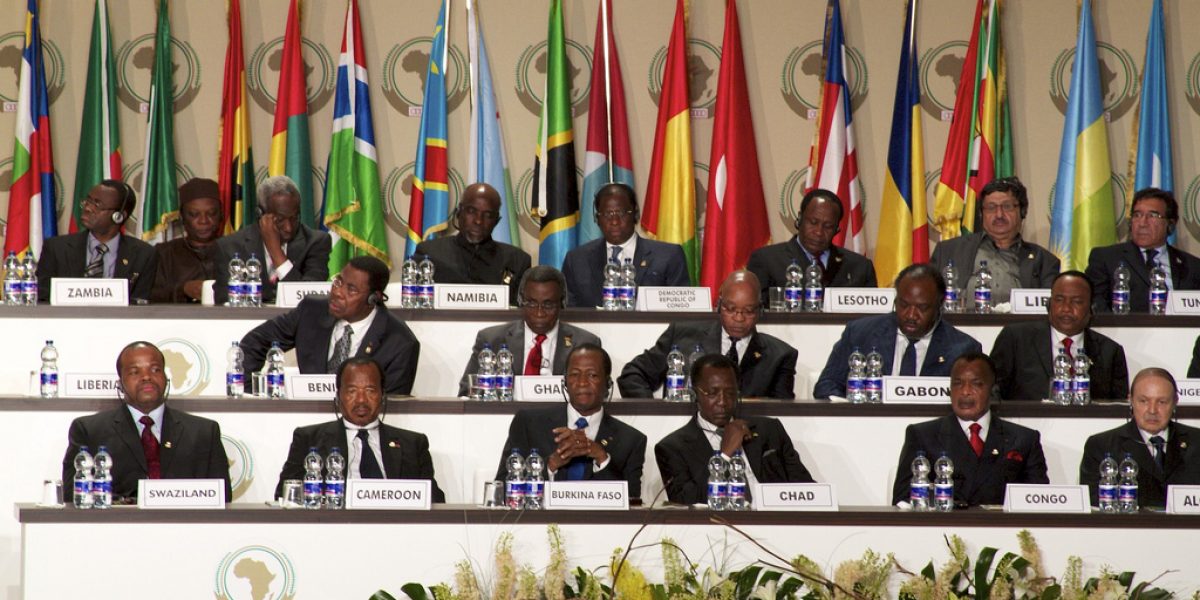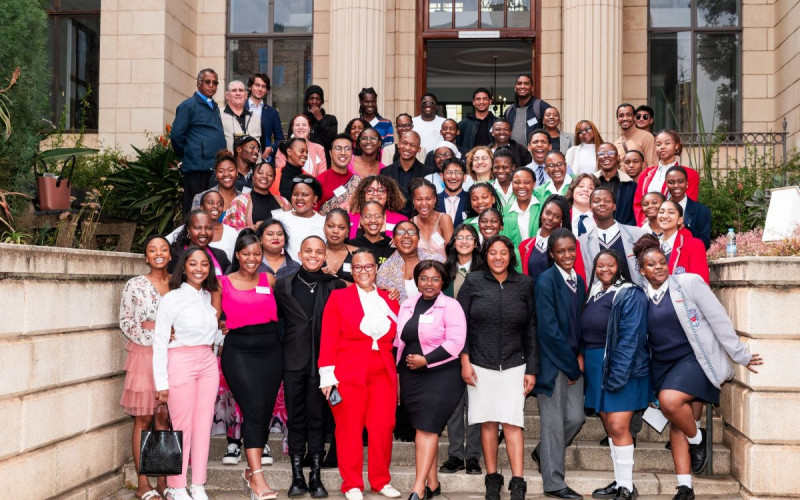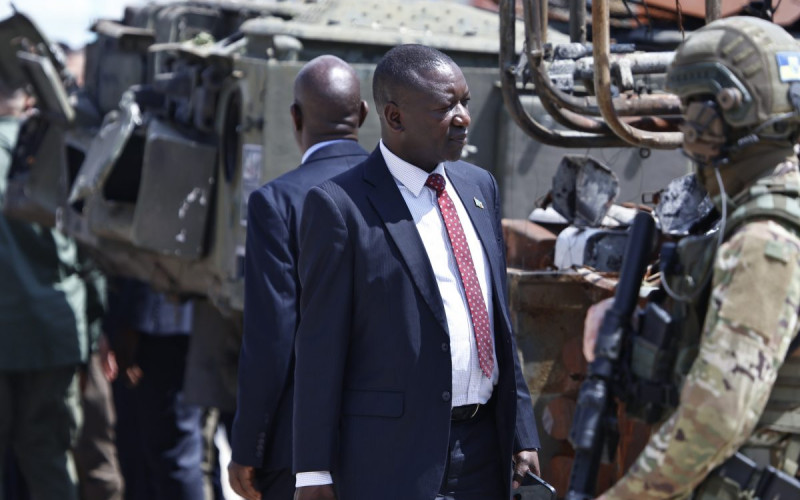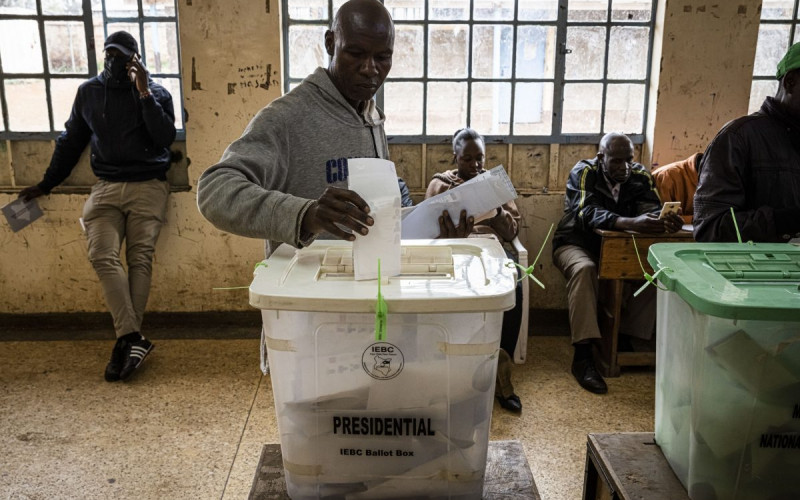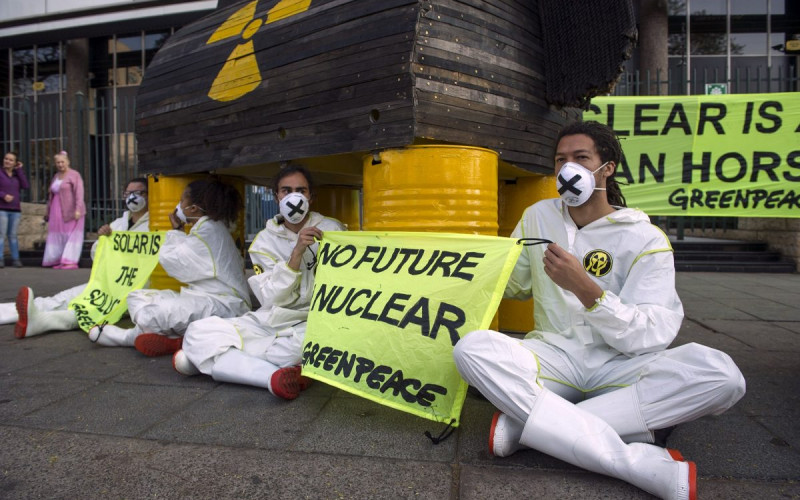The African Peer Review Mechanism (APRM) – the continent’s chief home-grown governance monitoring tool – has come of age. Nine African presidents (from Ghana, Rwanda, Kenya, Algeria, South Africa, Benin, Uganda, Nigeria and Burkina Faso) have now discussed the governance landscape in their respective countries with their peers. At the APR Forum meeting in Addis Ababa on 31 January 2009, the first five will table (and hopefully have time to debate and discuss) reports on the progress and challenges of implementing the Programmes of Action (POAs) that seek to remedy the governance deficiencies identified in the exercise. There will also be important decisions taken on the composition of the Panel of Eminent Persons, currently chaired by Nigerian Professor Adebayo Adedeji, that was meant to have been reconstituted two years ago.
This collection of papers reflect on some of the challenges facing research institutions and civil society organisations involved in the APRM and similar processes where they are examining the performance of their governments. Research institutes are usually employed to provide vital technical know-how, sharp analytical skills and critical independence and objectivity. But they also have to grapple with a raft of issues, including lack of trust, remuneration, mission creep, tight timelines, threats to their independence and integrity and balancing their own views with those of the public that they research, and the government and/or donors that will sign their paycheques.
Related Papers
Paper Number 15, November 2008
Payment and independence: Does a client relationship with government inhibit ‘think-tank’ criticism?
by Okechukwu Ibeanu, Professor of Political Science and Dean of the Faculty of Social Sciences at the University of Nigeria Nsukka explores how policy research institutions (or think-tanks) will be challenged to retain their objectivity on public policy issues regardless of their source of funds, in processes such as the APRM. Drawing from the Nigerian situation (with particular reference to experience under military government) while suggesting a more general application, this paper sets out to analyse the relationship between privately and publicly funded think-tanks and government, and the extent to which that relationship may change commensurate with the extent of government funding. It investigates the extent of the real or notional independence of think-tanks. Six key variable discussed require close analysis in order to understand the nature of the relationship between the institution’s independence and its sources of funds.
Paper Number 16, December 2008
Do think tanks benefit from APRM work? Kenya’s experience
by Rosemary Atieno, Mohamud Jama and Joseph Onjala gives a view from three members of the research team employed in the Kenyan APRM Process as the Lead technical Agency (LTA) on socio-economic development issues, from the Institute of Development Studies at the University of Nairobi. This paper notes that while the roles of the various players seemed clearly defined initially, they quickly became confused, particularly as the local Secretariat assumed responsibilities that belonged to the LTAs. This led to disagreements, frustration and unnecessary delays. In addition, the fact that the National Governing Council (NGC) – in itself experiencing problems – had to pre-approve all actions by the LTAs compounded the difficulties. Work timetables were thrown into disarray, extra hands had to be hired and additional hours allocated. The final Country Self-Assessment Report had to be produced within a shorter period than planned and under great pressure. The authors conclude that while the work they were required to do was essential and in the national interest – and was, indeed, of value to the Institute too – greater sensitivity was needed to smooth the tricky path that had to be followed when a large number of parties with different interests had to come together to produce a co-ordinated report and plan of action.
SAIIA sincerely thanks those who acted as peer reviewers for these papers.
Perspectives on Governance: Founded to promote public debate and research on crucial issues of public policy, the South African Institute of International Affairs (SAIIA) is pleased to send you these occasional papers that we hope will contribute to a more robust conversation about the nature of Africa’s governance challenges.

